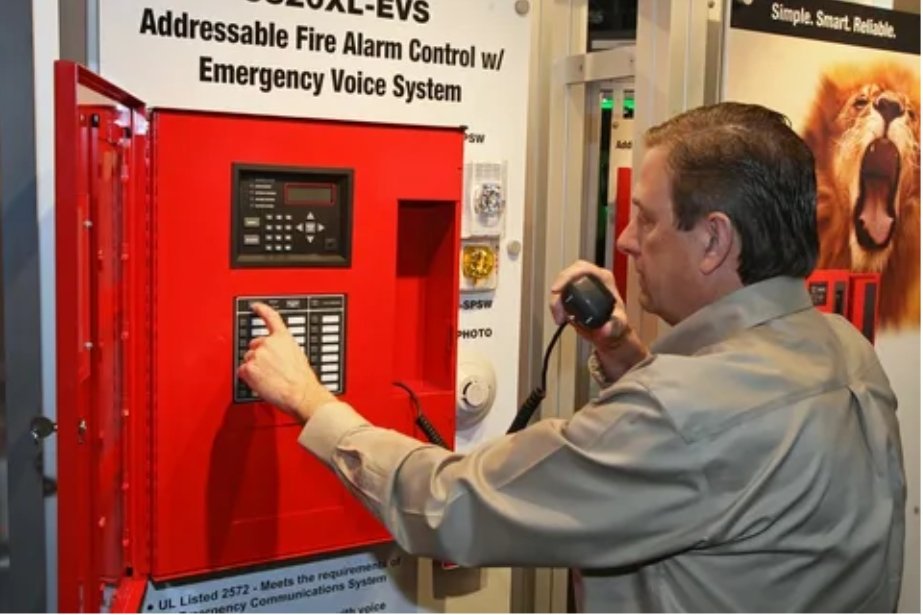Solar panels have become increasingly popular in the UK, providing a sustainable way to generate electricity. However, the UK winter brings challenges, like reduced sunlight and shorter days, making it harder to rely solely on solar power. This article will guide you through the best ways to store solar energy, ensuring you have enough power during the darker months. Explore the financial benefits of storing energy, such as saving on electricity bills and reducing dependence on the grid. Storing energy from solar panels can also help maintain energy independence, ensuring you have power even during winter.
Understanding Solar Energy Storage
Solar energy storage is the process of saving the electricity generated by your solar panels for later use. This is especially important during UK winters when sunlight is limited. There are various ways to store solar energy, including batteries, thermal systems, and mechanical storage. Each method has its own advantages, such as providing backup power or reducing electricity costs. By understanding the different storage options, you can choose the one that best suits your needs and ensures that your solar panels are effective year-round, even in the winter months.
Battery Storage Solutions
Battery storage is one of the most common ways to store energy from solar panels. Lithium-ion batteries are popular due to their efficiency and long lifespan, making them ideal for storing solar energy. During winter, these batteries can store excess energy generated on sunny days, which can be used during cloudy periods or at night. Lead-acid batteries, while cheaper, may not perform as well in cold weather. Innovations in battery technology, such as improved energy density, are making it easier for homeowners to store more energy, ensuring that their solar panels provide consistent power throughout the winter.
Thermal Energy Storage
Thermal energy storage involves storing heat generated by solar panels or solar thermal collectors. This stored heat can be used for space heating or hot water during the colder months. In residential settings, thermal storage systems can be integrated with existing heating systems to provide consistent warmth even when sunlight is scarce. The advantage of thermal storage in UK winters is that it allows homeowners to use the energy stored during sunny days to heat their homes during the night or on cloudy days, making it a practical solution for maintaining comfort during the winter season.
Mechanical Storage Solutions
Mechanical storage options, like pumped hydro and flywheel systems, offer additional ways to store energy generated by solar panels. Pumped hydro involves using solar energy to pump water to a higher elevation, which can then be released to generate electricity when needed. This method is suitable for large-scale energy storage but may not be practical for all homeowners. Flywheels store energy by spinning at high speeds and can release this energy quickly when required. These mechanical storage solutions provide alternative ways to ensure that solar panels continue to supply energy during the UK winter, even when sunlight is limited.
Hydrogen Storage
Hydrogen storage is an emerging technology where solar panels are used to produce hydrogen gas through electrolysis. This hydrogen can then be stored and converted back into electricity or used as fuel. Hydrogen has a high energy density, making it a powerful way to store large amounts of energy. However, it also comes with challenges, such as the cost of production and the need for specialized storage tanks. Despite these challenges, hydrogen storage offers a promising way to store solar energy, especially in areas where other storage methods may not be feasible. This method could become a key part of the energy storage landscape in the future.
Combining Storage Solutions
Sometimes, the best approach to storing solar energy during the UK winter is to combine different storage methods. Hybrid systems, which use a mix of battery, thermal, and mechanical storage, can provide a more reliable and versatile energy solution. For example, a system might use batteries to store electricity for immediate use, thermal storage for heating, and mechanical storage for backup power. This combination ensures that you’re covered no matter what the weather brings. Real-world examples of hybrid systems show how effective they can be in providing consistent energy throughout the winter, making the most of the energy generated by solar panels.
Optimizing Solar Energy Storage for Winter
To get the most out of your solar panels during the UK winter, it’s important to use smart energy management strategies. This includes using energy management systems that can predict energy demand and optimize the use of stored energy. Regular maintenance is also crucial to ensure that your storage systems, whether batteries or thermal systems, are functioning at their best. Simple actions like checking battery health and ensuring thermal systems are insulated can make a big difference in energy efficiency. By optimizing your solar energy storage, you can make sure that your home stays warm and powered throughout the winter months.
Government Incentives and Support
The UK government offers several incentives to encourage the adoption of solar panels and energy storage systems. These include grants, rebates, and feed-in tariffs that can make it more affordable for homeowners to install solar panels and storage solutions. Additionally, the government is investing in research and development to improve energy storage technologies, making them more efficient and accessible. By taking advantage of these incentives, you can reduce the upfront cost of your solar energy system and increase your savings over time. Staying informed about government support can help you make the most of your investment in solar panels and energy storage.
Final Thoughts
Storing solar energy is crucial for ensuring that your solar panels can provide power throughout the UK winter. By understanding the various storage options—such as batteries, thermal systems, mechanical storage, and even hydrogen—you can choose the best solution for your home. Combining different methods can offer a more reliable energy supply, ensuring that you have power even during the darkest days. Government incentives can also help reduce the cost of installing these systems, making solar panels and energy storage more accessible. Ultimately, investing in solar energy storage not only ensures a consistent power supply but also offers significant financial benefits, such as lower energy bills and increased energy independence. With the right approach, you can maximize the efficiency of your solar panels and enjoy a warm, well-powered home all winter long.



















Leave a Reply